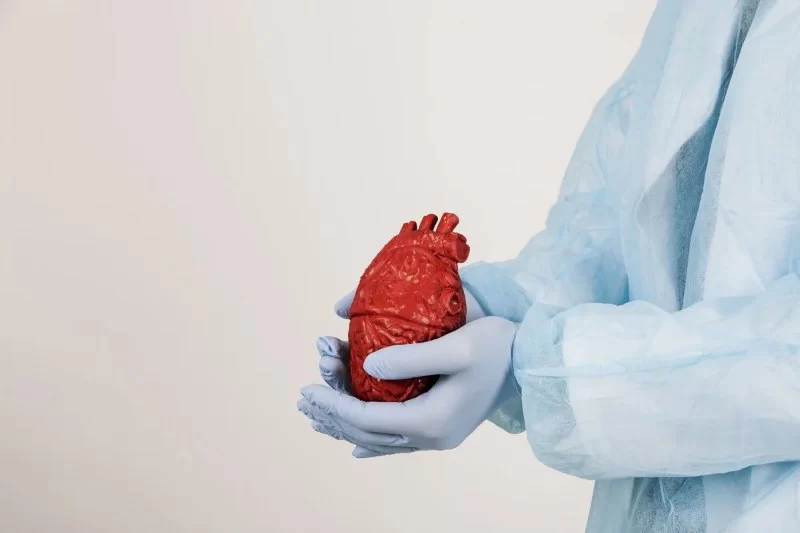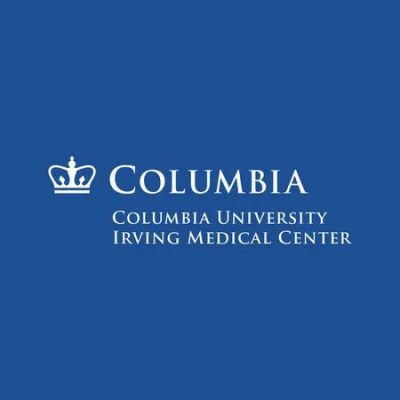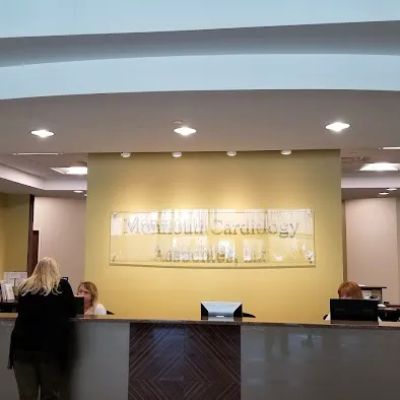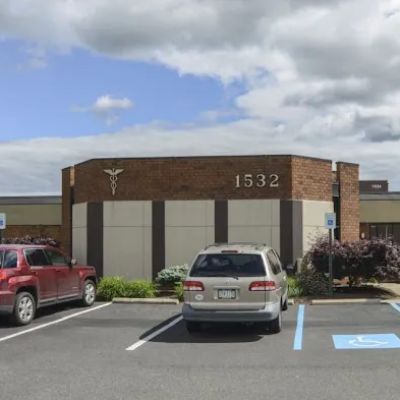- understanding-post-surgery-recovery
- immediate-care-after-heart-surgery
- managing-pain-and-medication-safely
- building-a-safe-and-slow-physical-routine
- emotional-and-mental-recovery-importance
- nutrition-and-lifestyle-for-heart-healing
- when-to-seek-medical-guidance-again
1. Understanding Post-Surgery Recovery
Heart surgery recovery is more than just rest—it's an active, intentional process that affects the body and mind. Whether you’ve undergone bypass, valve replacement, or another procedure, understanding what recovery entails sets the tone for healing. The body needs time to rebuild, and pushing too hard or neglecting warning signs can lead to setbacks.
One patient from New Jersey described their early days post-surgery as "humbling," citing fatigue, vulnerability, and the challenge of depending on others. This honesty is important—acknowledging the emotional and physical difficulty is the first step to preparing for success.

2. Immediate Care After Heart Surgery
The first 72 hours are critical. Patients typically stay in a hospital’s intensive care or recovery unit where vital signs and incision sites are monitored constantly. Expect swelling, tightness in the chest, and limited mobility. Breathing exercises and assisted walking start early to prevent blood clots and pneumonia.
If you're caring for someone at home post-discharge, keeping the environment clean, quiet, and organized is crucial. According to nurses at HeartCare Hub, having medications sorted in advance and maintaining a written daily log can prevent small issues from becoming big ones.
Atlanta Heart Specialists
atlanta heart specialists
4375 Johns Creek Pkwy #350, Suwanee, GA 30024, USA

3. Managing Pain and Medication Safely
Pain is natural after heart surgery, but it should be manageable. Follow your physician's guidance on prescription timing and dosage. Don’t try to “tough it out”—untreated pain can limit deep breathing, walking, and sleep, slowing down recovery.
Some patients benefit from using wearable reminders or smartphone apps to track medication. One veteran we interviewed said his biggest mistake was mixing up painkillers with blood thinners, which led to excessive bruising. If ever unsure, contact your provider.
4. Building a Safe and Slow Physical Routine
After the first week, light activity becomes essential. Walking, breathing deeply, and gradually building stamina help restore heart health. Cardiac rehab programs are often recommended and include supervised exercise and education.
Don’t lift anything over 10 pounds during the early weeks. If stairs or getting in and out of bed are challenging, seek help. Using a heart pillow for support while coughing or sneezing also protects the sternum as it heals.
Many patients returning to exercise too quickly experience fatigue or even hospital readmission. Always pace yourself and listen to your body.
5. Emotional and Mental Recovery Importance
Heart surgery doesn’t only leave physical scars—it can stir up fear, anxiety, and depression. Mental wellness plays a huge role in full recovery. Support groups, counseling, and open dialogue with loved ones make a major difference.
In one community forum, a 58-year-old heart surgery survivor shared how they joined a weekly Zoom group of fellow patients to discuss setbacks and triumphs. That human connection reminded them they weren’t alone—and helped them sleep better, too.
6. Nutrition and Lifestyle for Heart Healing
A heart-healthy diet is critical. Focus on whole grains, lean proteins, fruits, vegetables, and omega-3 fats. Limit sodium, sugar, and saturated fats. Hydration is important—but fluid intake may be restricted depending on your condition, so check with your doctor.
You might be surprised how small changes yield results. A Texas patient found that switching from processed meats to grilled tofu significantly improved their cholesterol within six weeks post-surgery. Visit HeartCare Hub for personalized nutritional guidance and tools that fit your recovery plan.
7. When to Seek Medical Guidance Again
Watch for symptoms like shortness of breath, chest pain, rapid weight gain, or signs of infection near the incision. These are not normal and require immediate attention. Many hospitals offer nurse hotlines or telehealth follow-ups—take advantage of them.
Even months after surgery, fatigue or depression may linger. Never hesitate to reach out. One mistake people make is assuming they should feel “back to normal” within a few weeks. Recovery is a marathon, not a sprint.






















Deborah Heart and Lung Center
deborah heart and lung center
200 Trenton Rd, Browns Mills, NJ 08015, USA